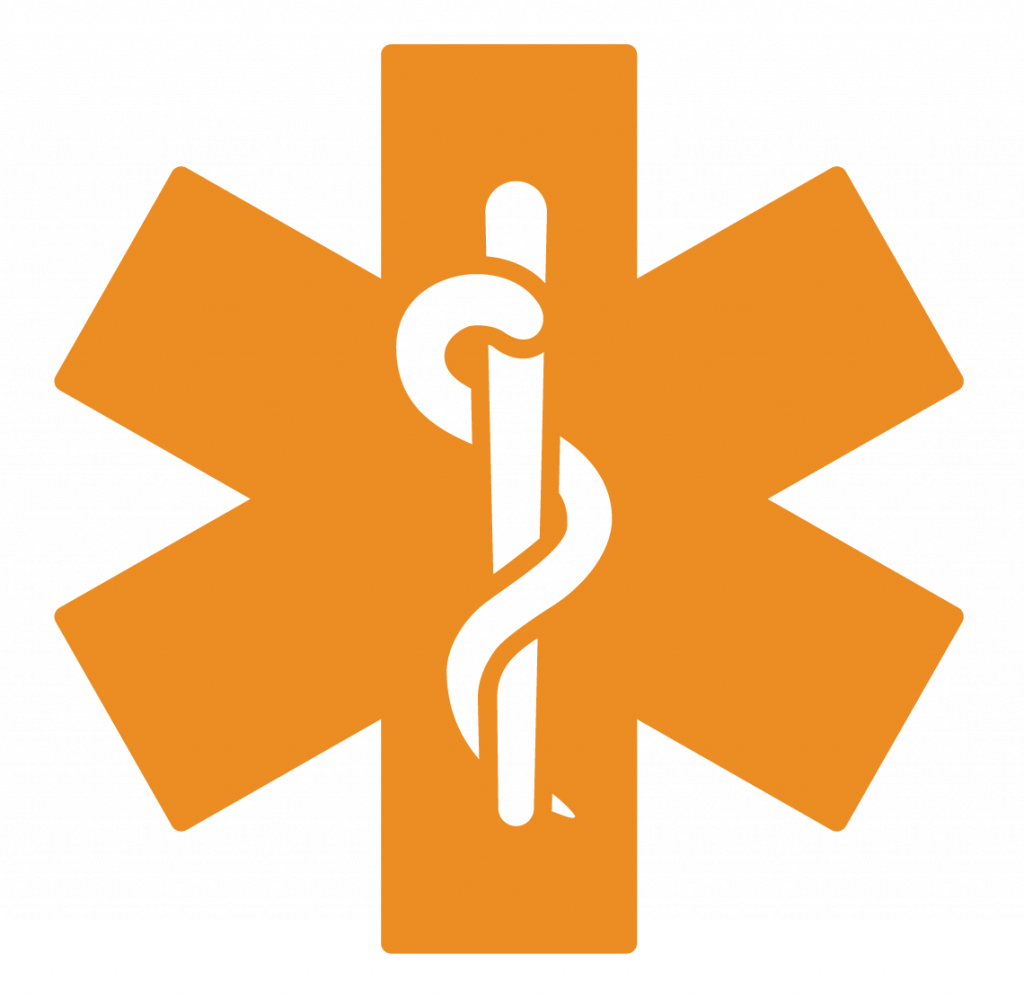To Buy Synthroid Online Visit Our Pharmacy ↓
 Timing Matters: When to Take Synthroid Daily
Timing Matters: When to Take Synthroid Daily
Best Morning Timing for Consistent Synthroid Absorption
I turned my thyroid pill into a quiet morning ritual: I sit up, open a window, and swallow it with a sip of water. Waiting helps—levothyroxine absorbs best on an empty stomach, so aim to wait thirty to sixty minutes before eating to keep absorption predictable.
Consistency is the real game-changer: take it at roughly the same time each day so hormone levels stay steady. Anchor the habit to something reliable—waking, brushing teeth, or checking messages—so labs and symptoms reflect true thyroid function rather than timing swings.
Practical tips help: avoid coffee, calcium or iron for an hour after the pill, set an alarm, and use a pillbox. Talk with your clinician about adjustments if travel or shift work interferes; Occassionally a different schedule is needed, but small timing choices often change how you feel and improve energy and mood.
Why Fasting Boosts Levothyroxine Effectiveness and Stability

I remember the first morning I learned about fasting and levothyroxine; a quiet kitchen, sunlight, and a single white pill. Taking synthroid on an empty stomach felt simple but powerfully precise, almost ritualistic and reassuring.
Studies show absorption drops when food is present, so clinicians advise waiting before eating. Teh effect stabilizes thyroid levels and reduces dose adjustments, which patients often appreciate because it lowers unpredictability and follow-up testing frequency.
Practical tips help: take the tablet with water, wait thirty to sixty minutes before breakfast, and be consistent with timing. Small variations can change labs, so tracking routines easily yields clearer trends for your doctor.
Finally, discuss timing with your provider when starting or changing meds; conditions like pregnancy, GI disease, or new supplements can alter absorption. Shared plans reduce surprises and help ensure your synthroid dose remains appropriate consistently.
Foods and Beverages That Sabotage Your Thyroid Pill
Morning routines often include cereal, soy milk, or bran toast that reduce levothyroxine uptake. A brief story: I reached for soy and later learned absorption fell dramatically, changing labs results.
Coffee and calcium-rich juices sneak in minutes after swallowing synthroid, cutting effectiveness. Wait at least thirty to sixty minutes; for iron or antacids, allow even longer to ensure consistent dosing.
Keep supplements like calcium, multivitamins, and high-fiber meals Seperate from pills — a simple habit to stabilize levels. If travel disrupts schedule, consult your clinician for tailored timing adjustments quickly.
Supplements and Meds to Separate from Synthroid

When morning routines collide with a cabinet of vitamins, simple rules keep levothyroxine reliable. Many patients who take synthroid find spacing is the easiest way to Seperate pills and meals, guarding steady levels.
Calcium, iron and certain antacids bind the hormone if taken too close together. Aim for at least a 4 hour window, or take those supplements later in the day.
Some prescription medications, especially proton pump inhibitors and sucralfate, often also affect absorption. Discuss timing with your clinician; they can help plan a schedule that avoids interference.
For over the counter blends like biotin or multivitamins, consider taking them after breakfast or bedtime. Small adjustments prevent big swings in labs and symptom control.
Night Dosing Versus Morning Routines Pros and Cons
I used to swallow my synthroid at dawn, rushed and unconcerned, until a quiet evening routine taught me different. Morning dosing pairs well with fasting: it stabilizes absorption and fits active days, but it can be disrupted by breakfast timing or coffee. Night dosing promises fewer interruptions and better consistency for some patients, yet it may be affected by late meals, antacids, or complex schedules.
Choose based on lifestyle and laboratory goals: if you have variable mornings, switching to evening may Acommodate steady levels, but discuss with your clinician because testing times change. Keep med interactions seperate and set alarms to maintain adherence — small rituals matter. Both options require consistency, communication with providers, and follow-up TSH checks to achieve reliable control. Personal preference, gastrointestinal issues, and daily routines should guide the decision. Reassess timing if symptoms noticeably change again.
Managing Missed Doses Travel and Schedule Changes
Once on a red-eye flight I missed my pill and felt sluggish; that day taught me a simple planning rule for travel.
If you realise within a few hours, take it; if near your next dose, skip and resume schedule. Don't ever double doses.
Crossing time zones? Shift gradually by thirty to sixty minutes, or pick a consistent local time on arrival. Occassionally set two alarms.
Pack an extra dose in carry-on, ask pharmacy for labels, inform your clinician about schedule shifts, and use reminders or helpful apps. thyroid.org fda.gov












